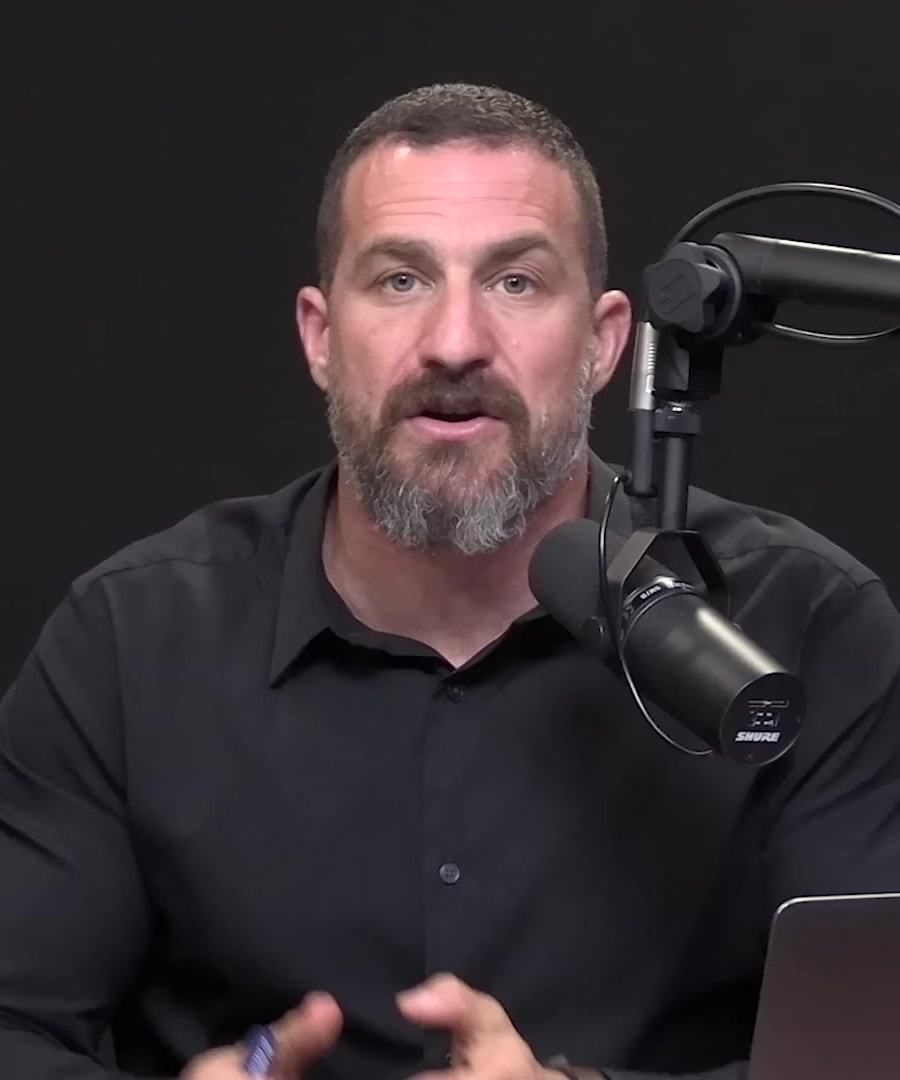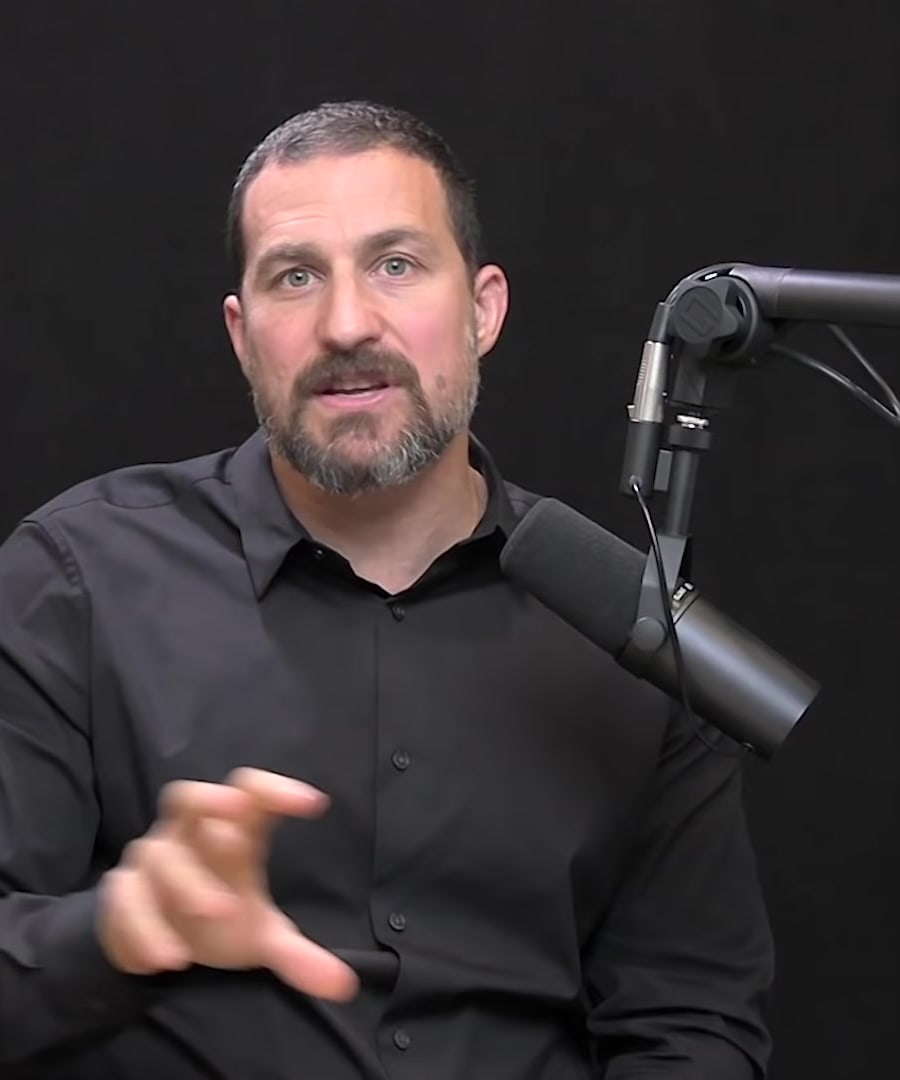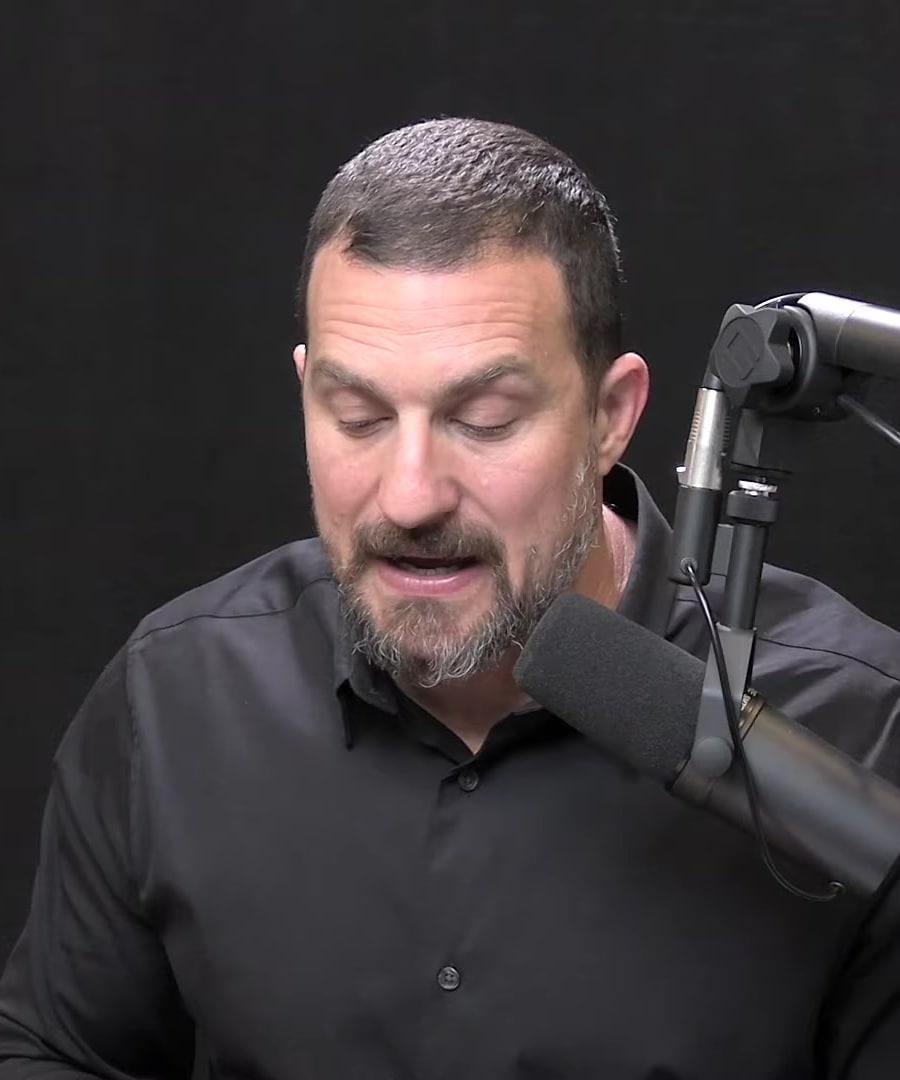Which sleep supplements does Huberman recommend?
Sources:
For better sleep, recommends several supplements known for their effectiveness:
-
Magnesium Threonate or Bisglycinate:
-
Apigenin:
-
Theanine:
Huberman suggests starting with behavioral adjustments (like managing light exposure and stress) and then gradually incorporating supplements, trying one at a time to determine what works best before combining them 1 2 6. Always consult a healthcare professional before starting any new supplement regimen.
Thank you for your feedback!RELATED QUESTIONS-
More supplements
Sources:
In addition to magnesium, apigenin, and theanine, also mentions a few other supplements that can aid in sleep:
-
Myo-Inositol:
- Often recommended for those with difficulty staying asleep.
- Helps with the production of certain neurotransmitters that can regulate sleep.
-
GABA:
- Huberman occasionally uses GABA himself.
- Promotes relaxation and can help reduce stress before bedtime.
-
Glycine:
- Can improve sleep quality by lowering body temperature.
- Typically taken in doses of 3 grams about 30-60 minutes before sleep.
Huberman emphasizes that improving sleep involves a combination of proper behavioral practices, nutritional adjustments, and supplements as a last resort. He advocates for experimenting with these supplements one at a time and consulting a healthcare provider 1 2 3 4.
RELATED QUESTIONS-
Supplements for older adults struggling with sleep
Sources:
For older adults struggling with sleep, there are several supplements and strategies recommended by and other experts on the :
-
Magnesium:
- Magnesium supplementation can benefit older adults with insomnia, especially those who might be deficient in magnesium. mentions that magnesium, particularly forms like magnesium threonate and glycinate, can cross the blood-brain barrier and potentially aid sleep 1.
-
Trazodone and Doxapin:
- Trazodone can help those who struggle to fall asleep.
- Doxapin, particularly in lower doses (3-6 mg), is helpful for keeping people asleep and is especially effective for older adults 2.
-
Theanine and Inositol:
-
Behavioral Strategies:
It's essential for older adults to experiment with these supplements one at a time and consult with healthcare providers to find what works best for their specific needs.
RELATED QUESTIONS-
Does Huberman recommend sleeping pills?
Sources:
generally does not recommend the regular use of sleeping pills for several reasons. He emphasizes that these medications can be habit-forming and associated with a high incidence of side effects. While he acknowledges that some people can handle them fine, he advises focusing on behavioral protocols first before considering supplements or medications 1.
Matt Walkeralso comments on the use of prescription sleep aids, noting that they may be helpful as a short-term solution for certain types of insomnia. However, they are not recommended for long-term use due to potential rebound insomnia and other side effects. Cognitive Behavioral Therapy for Insomnia (CBT-I) is suggested as a more effective and lasting approach 2.RELATED QUESTIONSDoes Huberman recommend any sleep supplements?
Sources:
does recommend several sleep supplements based on peer-reviewed studies, though he advises prioritizing behavioral and lifestyle changes first. Here are the main supplements he suggests for improving sleep:
-
Magnesium Threonate or Magnesium Bisglycinate: These forms of magnesium help shorten the transition time to sleep and enhance sleep depth by increasing neurotransmitters like GABA, which help turn off thinking 1 2 3.
-
Apigenin: Derived from chamomile, apigenin can reduce anxiety and assist in falling asleep. It helps by decreasing ruminating thoughts that can prevent sleep onset 1 4 2.
-
Theanine: This amino acid helps turn off the mind and facilitates sleep. It is often used to counteract the jitters from caffeine and can enhance relaxation 2 5.
Huberman suggests trying these supplements individually to see which works best or potentially combining them if needed. However, he stresses consulting with a healthcare professional before adding any supplements to your routine 1 2.
RELATED QUESTIONS-
Which sleep supplements does Huberman recommend?
- Thank you for your feedback!RELATED QUESTIONS
More supplements
- RELATED QUESTIONS
Supplements for older adults struggling with sleep
- RELATED QUESTIONS
Does Huberman recommend sleeping pills?
- RELATED QUESTIONS
Does Huberman recommend any sleep supplements?
- RELATED QUESTIONS











